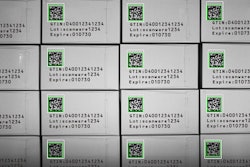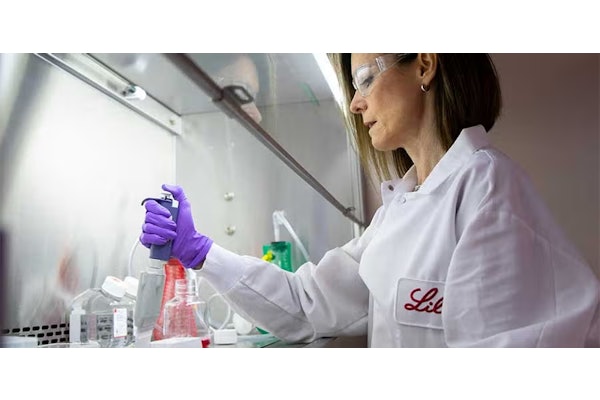The FDA took action against more than 1,000 websites that illegally sell potentially dangerous, unapproved prescription medicines and medical devices to consumers, as part of an international operation focusing on counterfeit pharmaceuticals.
According to a FDA press release, the agency sent Warning Letters to the nearly 400 websites that offer unapproved, or misbranded, prescription medicines to U.S. patients and to nine firms distributing unapproved, or uncleared, medical devices online.
In collaboration with other federal agencies, the FDA screened and seized illegal drug products and medical devices received through International Mail Facilities in Chicago, Miami, and New York during the operation. These screenings resulted in 814 parcels being detained and referred to appropriate FDA offices for follow up.
The action occurred as part of the 8th Annual International Internet Week of Action, a global cooperative effort, led by Interpol, to combat the unlawful sale and distribution of illegal and potentially counterfeit medical products on the Internet.
Multiple centers and offices within the FDA participated in the enforcement action, which ran from June 9 to June 16.
Some of the unapproved prescription drugs targeted during Operation Pangea VIII that purport to be FDA-approved generic versions of brand name drugs and are sold illegally by the websites included: “Generic Nolvadex,” “Generic Meridia,” “Generic Valium,” “Generic Truvada” and “Generic Advair Diskus.”
Some of the devices sold illegally online and targeted during Operation Pangea VIII included “The Ondamed System” and “Colon Care Products of PA Open System Colon Hydrotherapy Device (Grace)” as well as illegal dermal fillers such as “Interfall Hydrogel polyacrylamide dermal filler,” “Dermafil hyaluronic acid dermal filler” and “Teosyal hyaluronic acid dermal filler.”
Preliminary findings from the drug products screened at IMFs show that certain drug products from abroad, such as antidepressants, hormone replacement therapies, sleep aids and other drugs to treat erectile dysfunction, high cholesterol and seizures were en route to U.S. consumers.






















